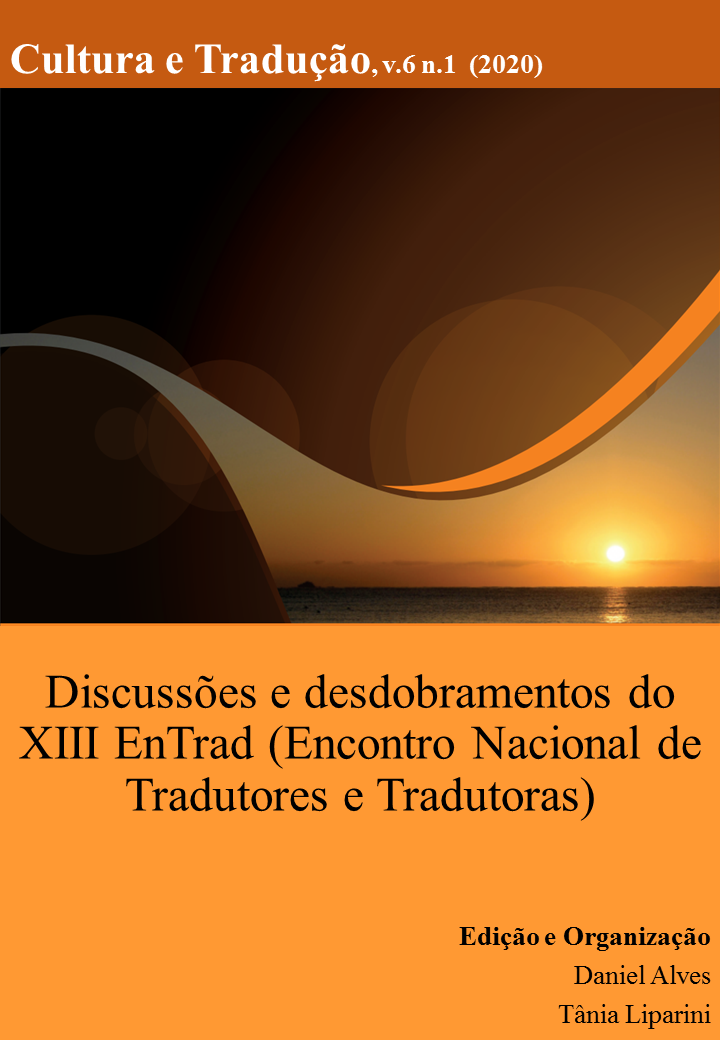A circulação de obras de autores nordestinos traduzidas para a língua espanhola
Resumo
A partir da percepção do espanhol como língua em expansão nas relações internacionais (SEDYCIAS, 2005), neste trabalho, indaga-se qual é o papel dessa mesma língua na circulação de livros traduzidos entre as comunidades hispanófona e lusófona. Este estudo de caso baseia-se em autores como Casanova (2002), Heilbron (1999) e Werner (2009), os quais debruçam suas pesquisas sobre os estudos sociológicos da tradução e a circulação de livros traduzidos. Para compor o corpus analisado, investiga-se obras de cinco autores nordestinos: Rachel de Queiroz, João Ubaldo Ribeiro, João Cabral de Melo Neto, Ferreira Gullar e Ariano Suassuna. Como procedimento metodológico adotado, o fluxo das obras é analisado por meio do Index Translationum, observando-se a circulação das obras traduzidas pertencentes aos respectivos autores analisados. Com relação às obras hispanófonas, elas são mais traduzidas do que as obras lusófonas, além de se traduzirem mais do espanhol para o português do que o inverso, ratificando a posição dessas línguas no sistema mundial da tradução. Neste estudo, não foi constatada a proeminência da língua espanhola na circulação das obras traduzidas dos cinco autores nordestinos selecionados, pois eles se consagraram por meio de outras línguas, em especial o alemão, uma vez que os autores analisados tiveram essa língua como o idioma para o qual suas obras foram mais traduzidas. O espanhol, por sua vez, apresenta números inferiores, tendo apenas quatro escritores, dos cinco analisados, com obras traduzidas para esse idioma e tendo, em sua maioria, Madri ou Barcelona como os centros de distribuição das traduções.Downloads
Não há dados estatísticos.
Downloads
Publicado
2020-04-28
Edição
Seção
Entrad2019: Circulação de Traduções e Transferências Culturais

